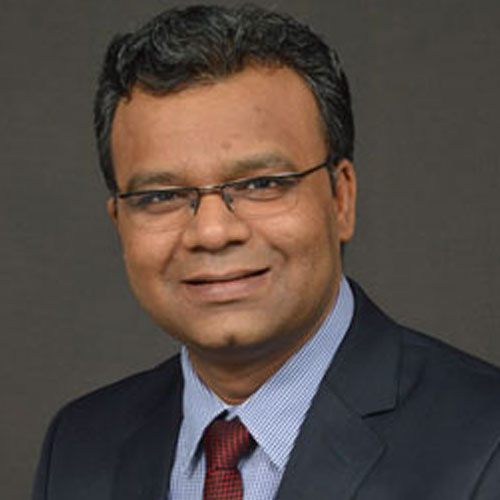Mr. Shridatta Bhandwaldar
Head - Equities, Canara Robeco
Over 11 years of experience, From October 2019 till date in Canara Robeco Asset Management Company Limited as Head - Equities, From July 2016 to September 2019 in Canara Robeco Asset Management Company Limited as Fund Manager, From July 2012 to June 2016 in SBI Pension Funds Pvt. Ltd. As Head Research/Portfolio Manager, From October 2009 to June 2012 in Heritage India Advisory Pvt. Ltd. as Senior Equity Analyst, From January 2008 to September 2009 in Motilal Oswal Securities as Research Analyst, From April 2006 to December 2008 in MF Global Securities as Research Associate.
Q1. After the recent stress test results released by AMCs, do you foresee a change in investors’ approach towards small and midcap stocks?
Ans: We see this as an event which sensitizes investors to risks associated with a relatively illiquid part of the market. Many investors are unaware about some of these parameters which should be kept in mind while investing in small and mid-capitalization category and the disclosure of those parameters is a good move by the regulators. Having gained a thorough understanding of the risk factors employed, investors can now better determine which fund in the aforementioned equity categories corresponds most to their individual risk tolerances.
Q2. After midcap and smallcap funds, SEBI has now directed Mutual Funds to stop accepting inflows into overseas ETFs. Is there any need to worry?
Ans: No - as far overseas ETFs are concerned; this is more to do with external balance and forex management by RBI, which has kept a limit in terms of overall USD equity overseas investments possible. It’s more contextual and as when RBI feels comfortable, it will allow these limits to be increased.
Q3. Despite the concerns surrounding the broader market, do you think India can outperform its EM peers in 2024 as well?
Ans: Given that India will have superior earnings growth profile than most other emerging markets; we expect India to outperform in CY24 as well; although we expect absolute returns to be relatively modest in CY24. Indian macro remains best among larger market peers while political stability looks almost given. We believe that India is in a business cycle / credit growth cycle through FY24-27E – indicating starting of healthy earnings cycle from medium term perspective.
Q4. The transition to T+0 trade settlement is viewed as a game changer for our market. How will it impact the mutual fund industry and how will it benefit investors?
Ans: It will clearly improve overall efficiency of the system. Mutual fund industry would have to add additional risk layers in asset liability management so that redemptions can be honoured on T+0 basis. Given that T+0 significantly increases their responsiveness and potential rewards, investors seeking better liquidity will benefit from it. This revision will substantially reduce the risk exposure for ordinary investors, minimizing counterparty, opportunity, and liquidity concerns.
Q5. What is the biggest risk you see for markets in FY25 that might derail the bull run?
Ans: Adverse election outcome any unexpected development that contradicts what the market has already priced in might impact the bull run significantly. West Asia has become a major trouble spot with the Israel-Gaza war showing no signs of an immediate end causing increased complexity of geopolitical situation in Middle East / Asia. Also, moderating earnings growth through FY25 would be a fundamental risk to markets in near term.
Q6. Are there any sectors that might emerge as the dark horse during the next 12 months?
Ans: Chemicals and consumption. The growth of India's chemicals market is being driven by an increase in demand from end-user industries including food processing, personal care, home care and related industries which is expected to continue. Private consumption is the biggest component of India's economy & is expected recover further going forward as the gap between rural and urban demand and demand for goods narrows.




